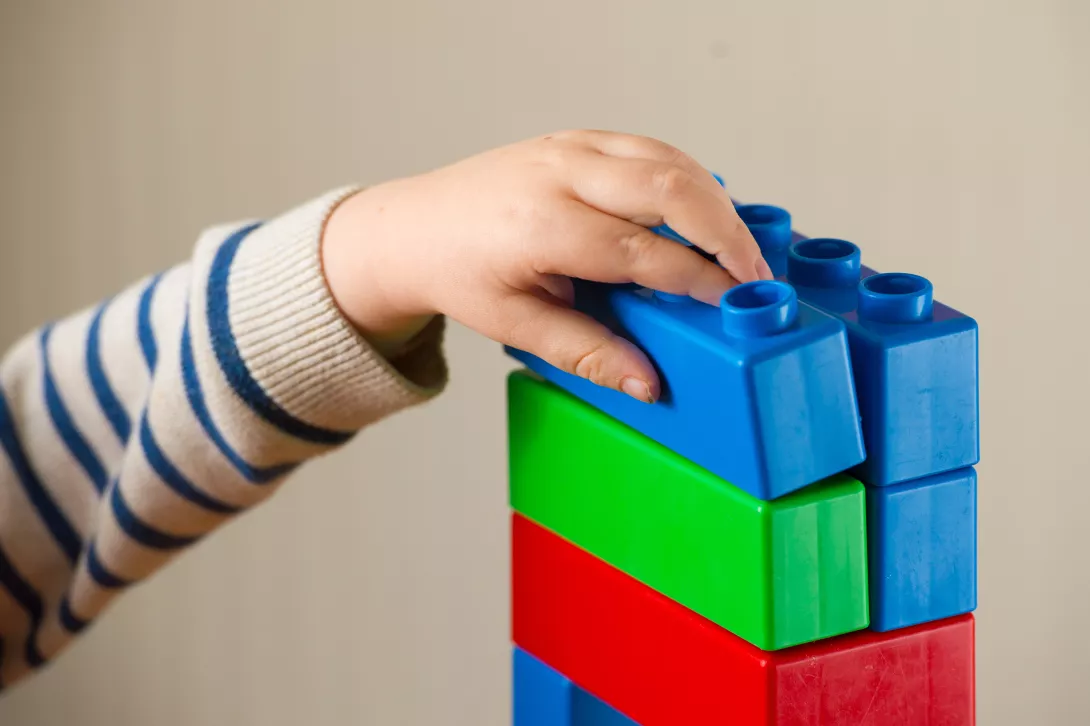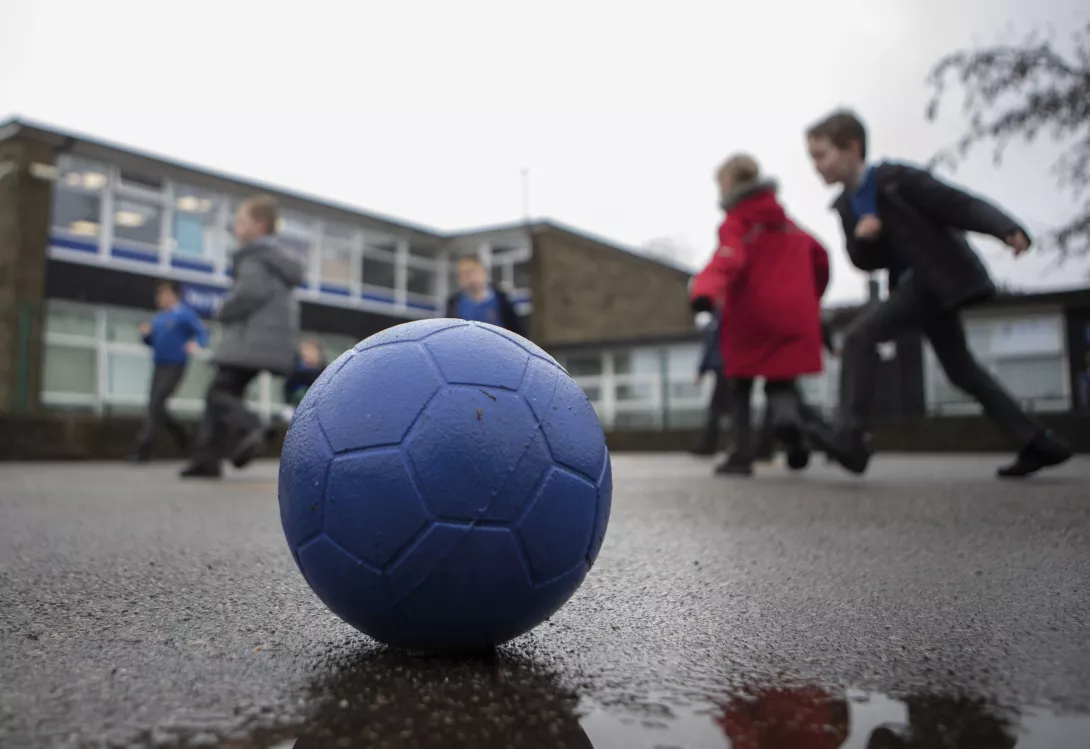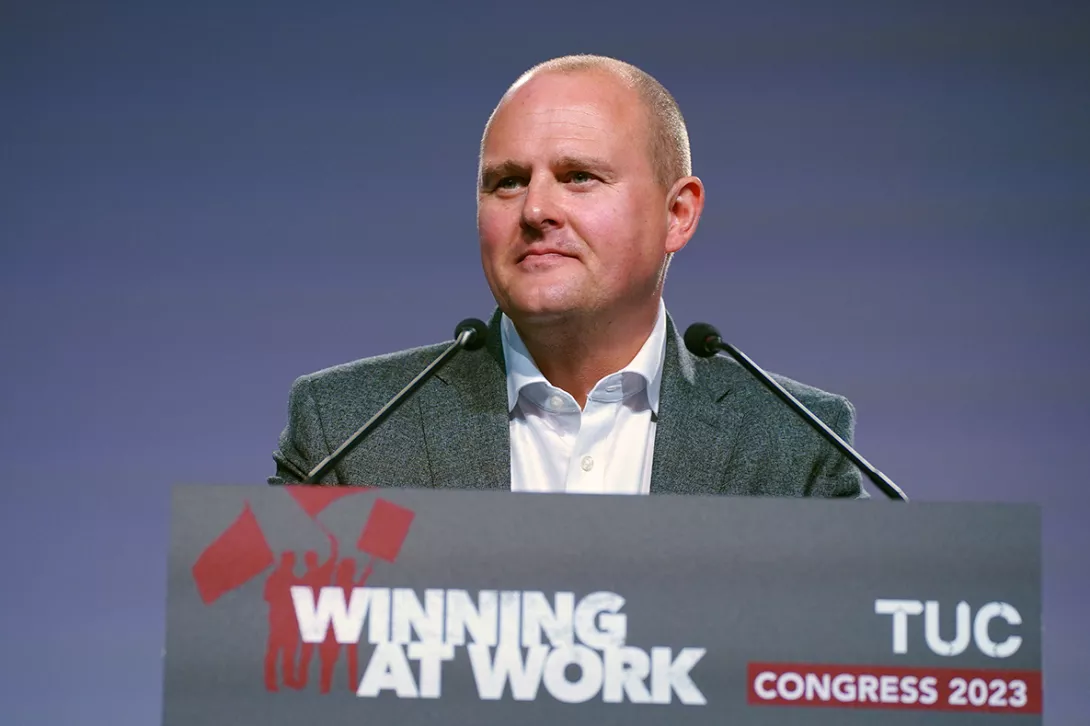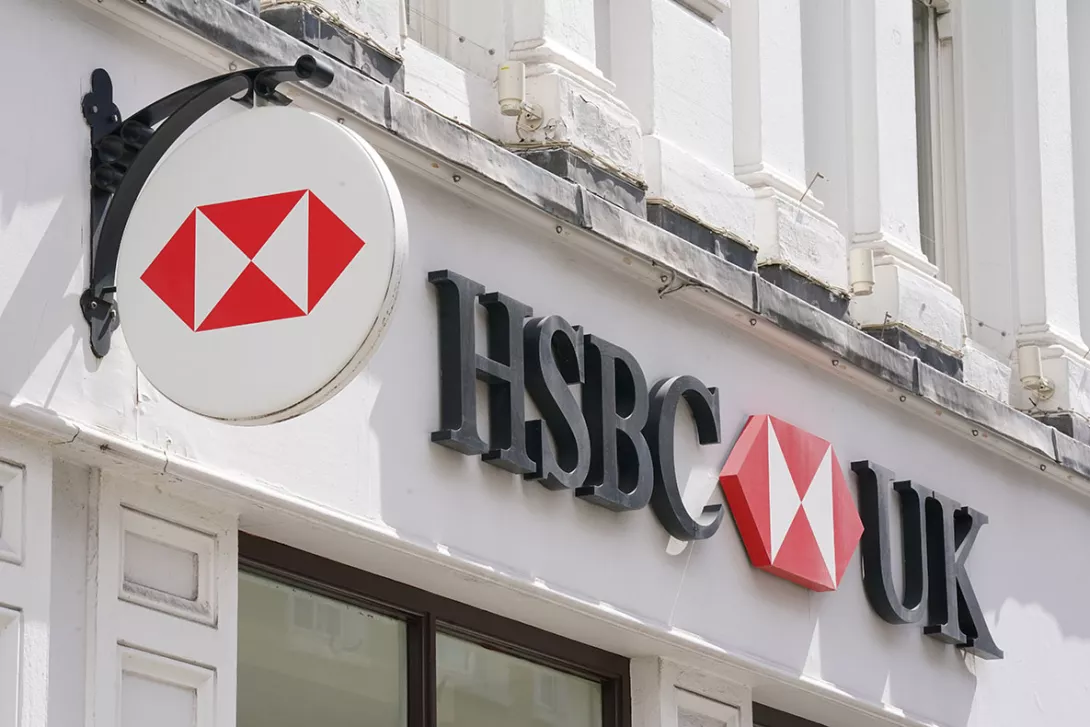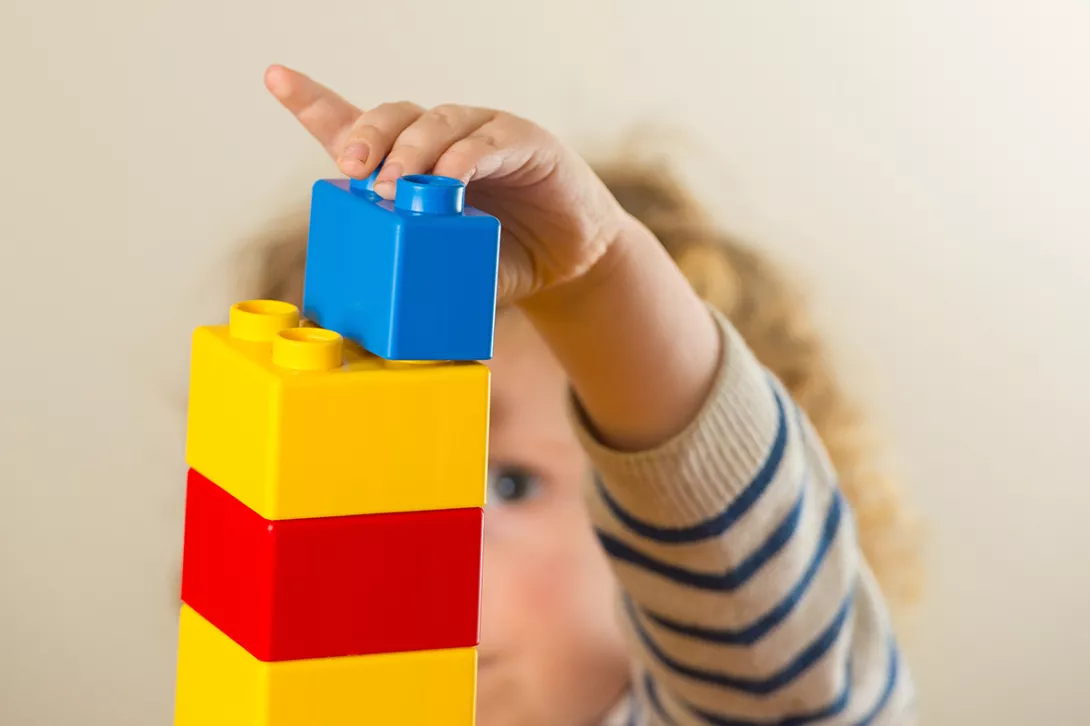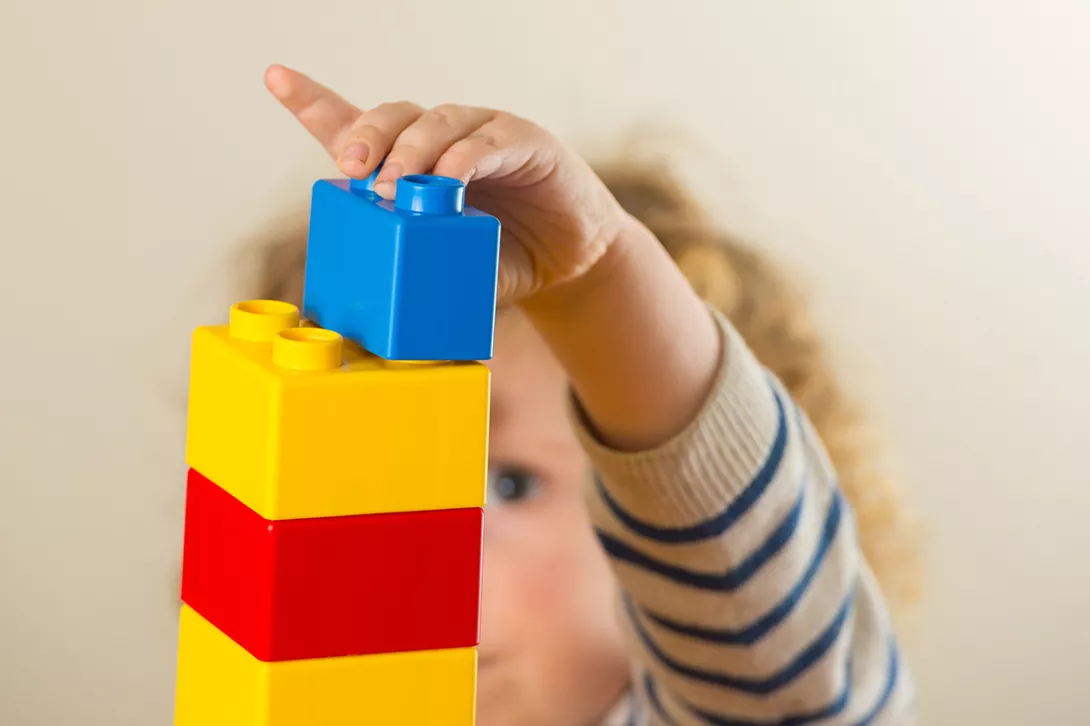This is up from 4.22 million the previous year and the highest since comparable records for Britain began in 2002/03.
It added that while household income fell across the board, there were larger falls in less-than-average earners with “those in the top 10 per cent of the distribution recording small increases.”
Meghan Meek-O’Connor of Save the Children UK said: “It is an outrage that 100,000 more children are in poverty — they are being forgotten.
“There is no reason children should be going without food, heating, toys, or beds.”
Barnardo’s chief Lynn Perry said the government has let children down and repeated demands to scrap the two-child limit on benefit payments and for an essentials guarantee to ensure households can cover basic costs such as food and household bills.
National Education Union general secretary Daniel Kebede said the new high “is completely unacceptable and adds to the appalling record of the Conservatives on this issue.”
"Poverty limits children’s futures. It holds them back in school and cuts off their potential at the very start of their lives.”
He urged the next government to enact a child poverty strategy that “could start with the removal of the punitive” two-child benefits cap and a nationwide expansion of free school meals.
Child Poverty Action Group chief executive Alison Garnham added: “In a general election year, nothing should be more important to our political leaders than making things better for the country’s poorest kids.”
TUC general secretary Paul Nowak said the official poverty figures showed the number of people living below the poverty line in working households is 1.6 million higher than in 2010.
“The Tories have presided over epidemic levels of insecure work, brutal cuts to social security and years of feeble wage growth,” he said.
Absolute poverty — households with less than 60 per cent of the 2010/11 median income uprated by inflation — rose for the second year in a row to an estimated 11.99 million.
Joseph Rowntree Foundation analyst Peter Matejic said this is as big as we have seen for 40 years, showing ministers have “failed to protect the most vulnerable from the cost-of-living crisis.”
Work and Pensions Secretary Mel Stride insisted the government had “stepped in with the biggest cost-of-living package in Europe, worth an average of £3,800 per household.”
Labour pledged to “fix this Tory failure yet again with a new cross-government child poverty strategy” should it win the general election.
The Bank of England was meanwhile accused of “squeezing much needed” growth for political reasons after holding off reducing interest rates at 5.25 per cent.
